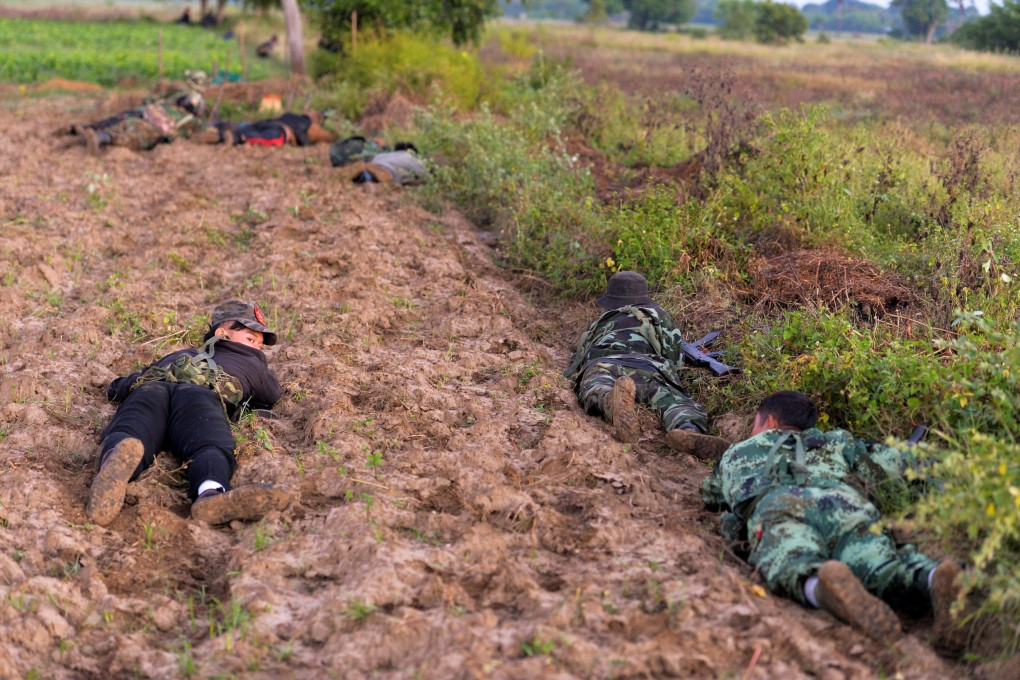Advertisement
Myanmar on the brink but Asean could be ‘caught off guard’ if the junta were to collapse
- Asean is unsuited to lead talks on Myanmar’s future following its past failure to stop the violence in the country, an analyst says
- It is too early to predict the regime’s collapse as its army still has many loyal units, according to another observer
Reading Time:4 minutes
Why you can trust SCMP
10

Asean is likely to be caught “off guard” should Myanmar’s military regime collapse, according to analysts, with some saying it is “too early” to predict the junta’s demise because of army loyalists and a lack of central command in the opposition.
The Association of Southeast Asian Nations (Asean) does not appear to have a contingency plan, the analysts add, as the recent escalation of Myanmar’s civil war places the country on the brink.
In an interview last week, Zin Mar Aung of the National Unity Government (NUG) noted the morale of the junta and its soldiers was at an all-time low, with many personnel defecting. The coordinated attacks by key resistance groups had enabled the seizure of four border trading points with China, she added.
Advertisement
The NUG is the Myanmar government in exile formed by elected lawmakers and members of parliament ousted in the coup almost three years ago.
While the October offensive by resistance groups and ethnic armed organisations was impressive, “it is too early to predict the regime’s collapse”, said Mikael Gravers, associate emeritus professor at Aarhus University in Denmark.
Advertisement
Advertisement
Select Voice
Choose your listening speed
Get through articles 2x faster
1.25x
250 WPM
Slow
Average
Fast
1.25x
